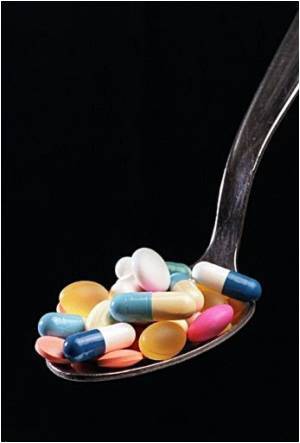
They built a computer model based on the spread of a novel virus in Britain in the 1918, 1957, 1968 and 2009 pandemics.
It factored in expectations of fatalities and sickness as well as direct costs such as medical bills and indirect costs such as job absenteeism.
Stockpiling drugs saved lives in all countries, but its benefit, in economic terms, varied greatly.
For rich countries, it made sense to have a stockpile covering 15 percent of the population -- or, more realistically, 25-30 percent of the population, once inefficient distribution or waste are taken into account.
For the United States, according to the computer simulation, antiviral stockpiles saved the economy 27-55 billion dollars over 30 years.
Advertisement
Among the countries studied, stockpiling would be cost-effective in China, India and Indonesia if antivirals fell below two dollars per course. But even at this price it would still be too dear for Zimbabwe, and by extension, other very poor countries, says the study.
Advertisement
Antiviral drugs are not a cure. Doctors say they can reduce the severity and duration of sickness provided they are administered at an early stage of infection.
Source-AFP









